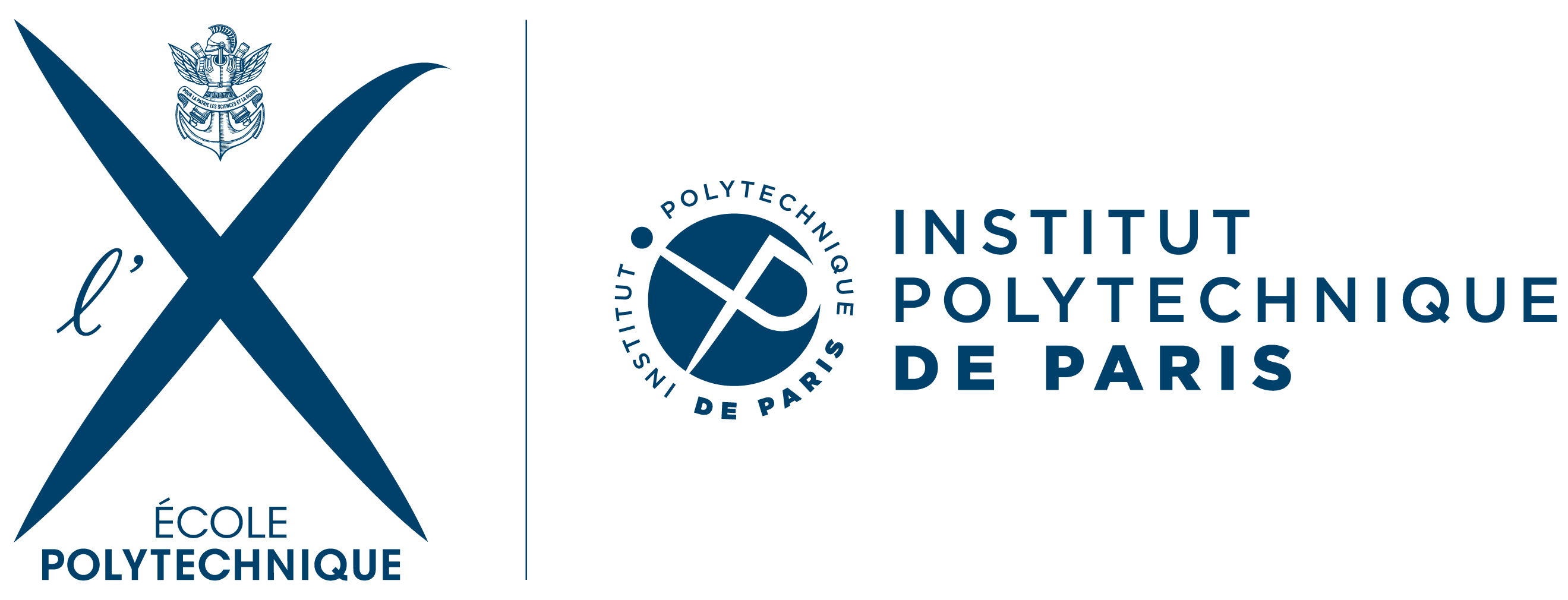 |
Fast evaluation of elementary functions with medium precision |  |
M2 internship proposal 2023–2024
Title: Fast evaluation of elementary functions with medium precision
Topics: reliable numerical algorithms, high performance computing
Address
Director of the laboratory: Mr Gilles Schaeffer (schaeffe@lix.polytechnique.fr)
Research team: MAX, Algebraic modeling and symbolic computation
Contacts
Context
The MAX team is searching for PhD candidates on the themes of the ANR “NODE” project. The present M2 internship proposal allows applicants to familiarize themselves with these themes. Upon successful completion of the internship, there will be an opportunity to pursue with a PhD. The ANR NODE project provides funding for two PhD grants.
Description
The class of elementary functions consists of the
exponential, the trigonometric functions  ,
,  ,
,  , the hyperbolic functions
, the hyperbolic functions
 ,
,  ,
,  ,
and their functional inverses
,
and their functional inverses  ,
,  ,
,  ,
,  ,
,  ,
,  , and
, and  .
In C and C++, these functions are in the standard libm
library. This implementation is highly optimized, but limited to
single (24 bits) and double (53 bits) precisions. On the other side of
the spectrum, dedicated libraries such as
.
In C and C++, these functions are in the standard libm
library. This implementation is highly optimized, but limited to
single (24 bits) and double (53 bits) precisions. On the other side of
the spectrum, dedicated libraries such as
The aim of this internship is to produce a highly optimized
implementation for “medium precisions” until  bits. This raises several interesting challenges:
bits. This raises several interesting challenges:
-
How to represent medium precision floating point numbers?
-
How to exploit SIMD (single instruction multiple data) instructions in modern processors to speed-up evaluations by an appreciable constant factor.
-
How to exploit special properties of elementary functions for the design of efficient implementations for each of the target precisions?
-
How to guarantee the correctness of the algorithms modulo rounding errors?
For the first two items, one may use and further extend techniques that were developed in [3, 2]. The goal is to produce a C or C++ library that can reliably evaluate elementary functions for any medium precision; see also [4].
Optionally, one may examine the generalization of the methods to other
special functions. Of particular interest in this respect is the class
of holonomic functions, i.e. functions  that satisfy a non-trivial linear differential equation
that satisfy a non-trivial linear differential equation
 for polynomials
for polynomials  . In
[5], a library is described that allows to efficiently
and reliably evaluate such functions with high precision. It would be
interesting to have a similar library for medium precisions.
. In
[5], a library is described that allows to efficiently
and reliably evaluate such functions with high precision. It would be
interesting to have a similar library for medium precisions.
Bibliography
- [1]
-
G. Hanrot, V. Lefèvre, K. Ryde, and P. Zimmermann. MPFR, a C library for multiple-precision floating-point computations with exact rounding. http://www.mpfr.org, 2000.
- [2]
-
J. van der Hoeven. Multiple precision floating-point arithmetic on SIMD processors. In N. Burgess, J. D. Bruguera, and F. de Dinechin, editors, 24th Symposium on Computer Arithmetic (ARITH), pages 2–9. July 2017.
- [3]
-
J. van der Hoeven and G. Lecerf. Faster FFTs in medium precision. In 22nd Symposium on Computer Arithmetic (ARITH), pages 75–82. June 2015.
- [4]
-
F. Johansson. Efficient implementation of elementary functions in the medium-precision range. In 2015 IEEE 22nd Symposium on Computer Arithmetic, pages 83–89. 2015.
- [5]
-
M. Mezzarobba. Rigorous multiple-precision evaluation of D-Finite functions in SageMath. Technical Report, HAL, 2016. https://hal.archives-ouvertes.fr/hal-01342769.
This webpage is part of the